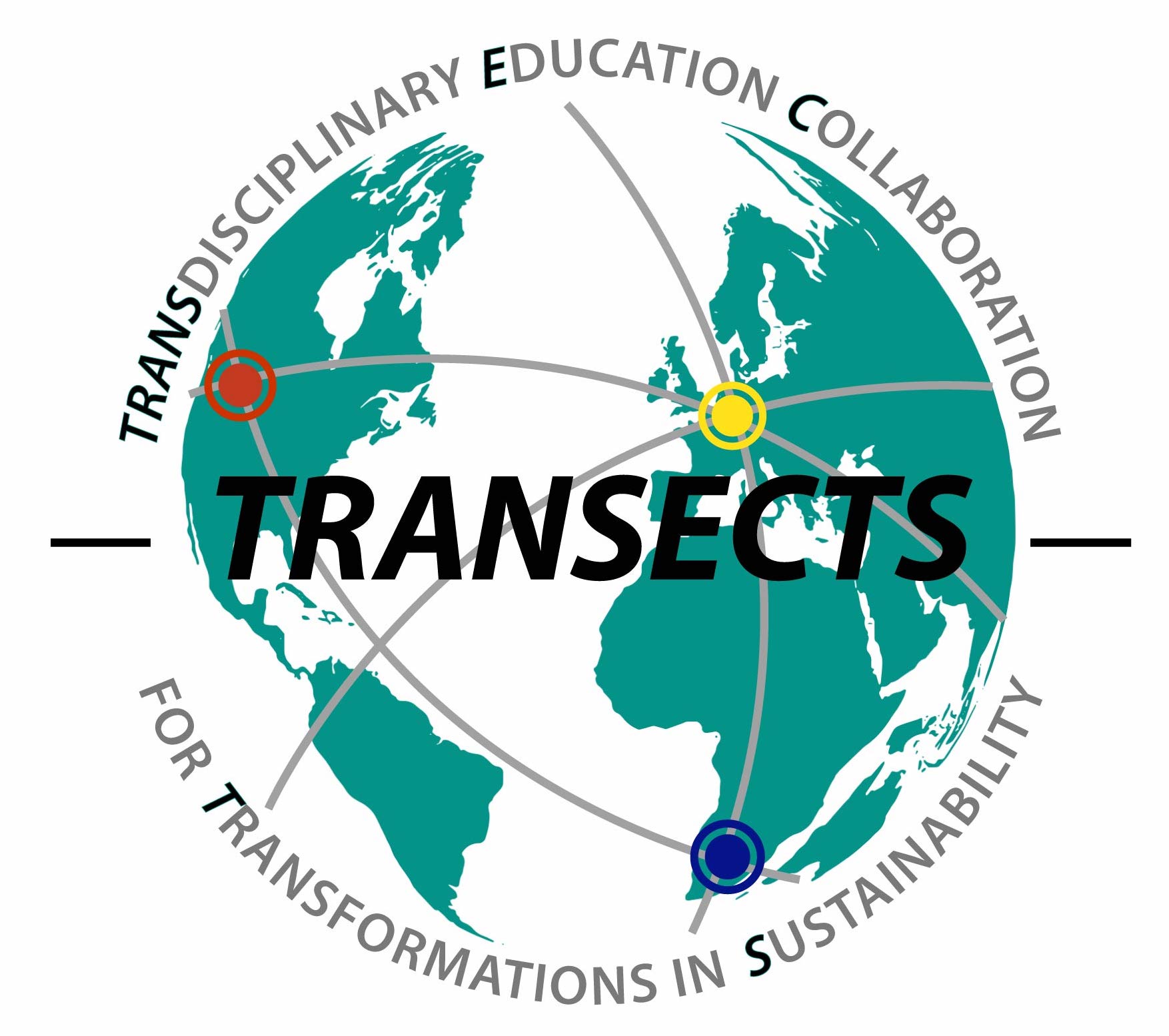
German Commission for UNESCO
TRANSECTS Partner Organization
- Address
- Germany
UNESCO is the United Nations’ Organization for Education, Science and Culture; it is the UN specialized agency with the broadest mandate, it has 193 Member States. The German Commission for UNESCO is one of its 200 National Commissions. As all its sister commissions, it ensures that broader Civil Society can effectively participate in the work of UNESCO, not just government. It acts as a focal point for thousands of institutions in its Member State, such as universities, schools or museums – and in particular, members of UNESCO networks such as UNESCO Chairs or Biosphere Reserves. The German Commission to UNESCO is a legally independent organization, advising German government and implementing UNESCO programmes and conventions domestically and in international cooperation.
The German Commission to UNESCO has been instrumental in establishing the UNESCO MAB Programme in the 1960ies and has remained a staunch supporter. It has organized the global conference on Biosphere Reserves and Climate Change on MAB’s 40th anniversary, it has produced the MAB World Maps for the last 10 years, it has supported Southern Africa (specifically Lesotho, Eswatini and Zambia) in joining the World Network, it has provided strong support through the “Management Manual for Biosphere Reserves in Africa”, to the Technical Guidelines (TGBR) and to the Excellence Process.
